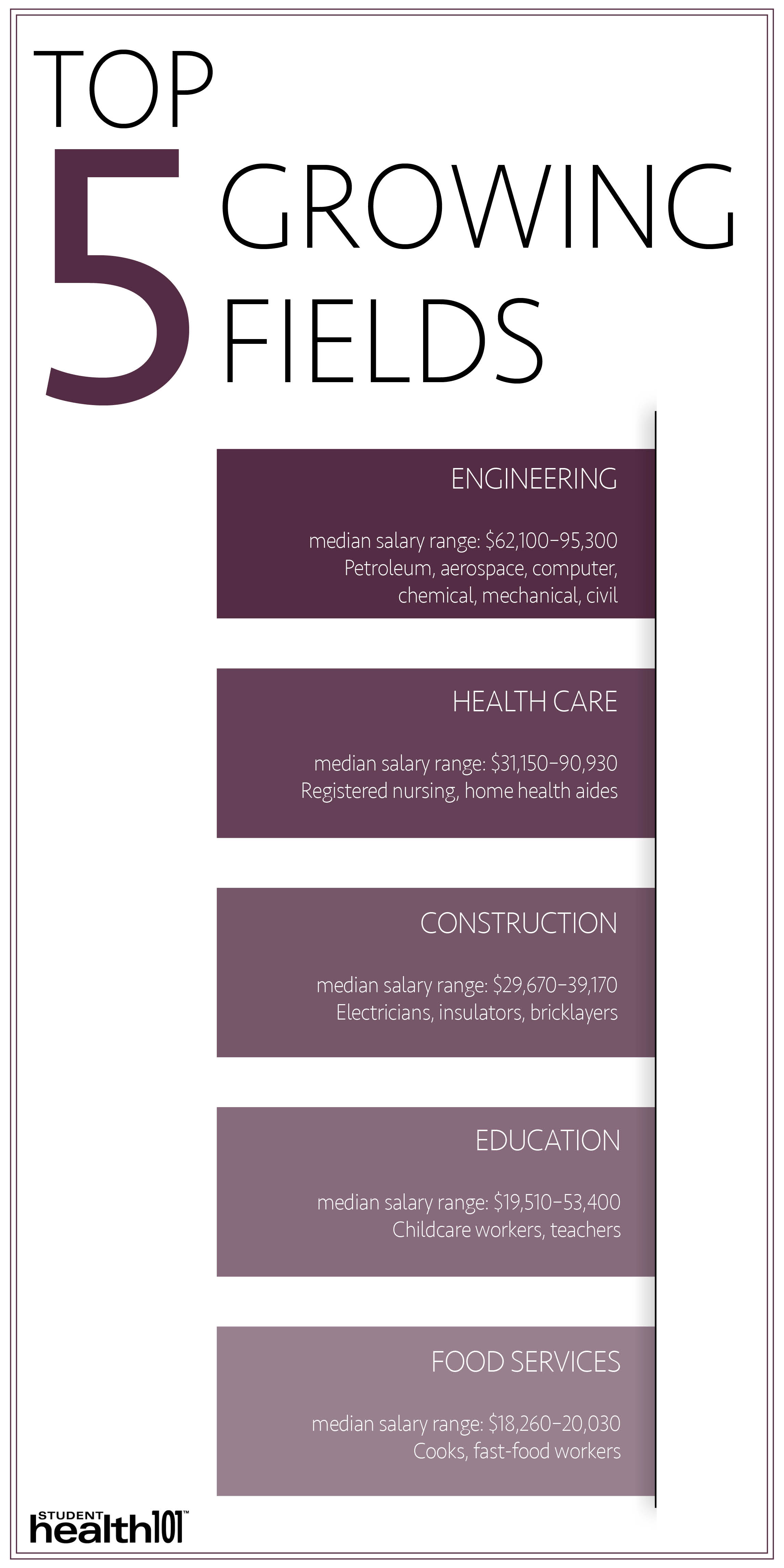The job prob
Forecasting your future in the job market

How can you maximize your career prospects in our fast-evolving professional world? How can you use your time as a student to position yourself for the job market you’ll face after graduation? The Job Prob, our monthly series, guides you through the steps.
IN THIS ISSUE
How is the professional world treating new graduates, anyway? What can you expect?
NEXT MONTH
Leadership skills: What they’re worth to employers, and how to get them.
studentvoice

Rain or shine?
We’ve all heard the reports of rising unemployment, slow job growth, and a bleak job outlook for recent graduates. The net worth of young adults has declined in the last 30 years, according to the Urban Institute, a nonpartisan research organization. This forecast has been unsettling to students who are banking on landing that perfect (or at least decent) job after they graduate.
But your job prospects are brighter than you might have realized. While some occupational prospects continue to decline, the overall job market is looking up—especially for recent graduates.
Students can use their years in school strategically, acquiring the skill sets, practical experience, and networks that will position them for success in the careers they have now or the ones they’re hoping to acquire.
Mostly sunny
Nineteen of the 30 occupations that are projected to grow the fastest in the next eight years require postsecondary education, according to the US Census Bureau and Bureau of Labor Statistics. “The employment scene for new graduates looks good,” says Tiffany Johnson, associate director of career services at the University of Central Arkansas in Conway.
In addition, hiring is picking up overall. The class of 2014 will benefit from an eight percent increase in hiring over last year, according to the National Association of Colleges and Employers (NACE).
Of the 20 fastest-growing occupations, 70 percent are in a health-related field—in part because our population is aging—according to the Bureau of Labor Statistics. This is good news for graduates in the sciences and health care fields. Other growth industries include government, finance, insurance, real estate, and retail trade, according to NACE.

In case of a rainy day
There is rough weather ahead for certain occupations. Jobs in fields such as agriculture, postal services, photography, and broadcast journalism—where technological advances have displaced workers—are declining significantly.
Your academic résumé Students who are not aiming for the most high-demand fields can round out their skill set and improve marketability through the strategic choice of courses and use of transferable skills acquired outside of academics. “Volunteering at a child’s school or coordinating a fundraiser offers real skills,” says Jill Barlow-Kelley, director of internships and career services at College of the Atlantic in Bar Harbor, Maine.
Practical experience and initiative
Employers are looking for candidates with practical experience, such as internships. They also value graduates who have developed their leadership and communication skills and can “work as a member of a team, take initative, and follow through,” says Ms. Barlow-Kelley.
“When I look at résumés, I’m interested in how savvy people have been about how they invested their discretionary efforts,” says Nicolette Sherman, vice president responsible for human resources at Sanofi North America, a leading health care company. “You’ve got to be able to show that you have drive and passion, and you are motivated by your interests.”
Follow The Job Prob for:
- Strategic choice of courses
- Developing leadership skills
- Practical experience
- Building your network
- Revitalizing your résumé
- Leveraging your online profile
- The job hunt
studentvoice







